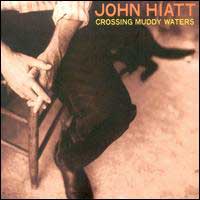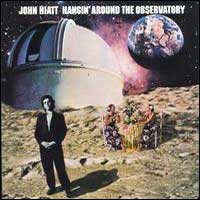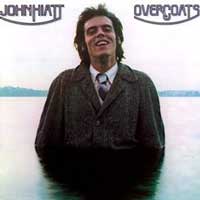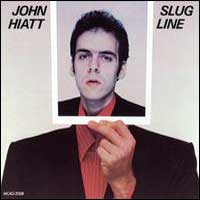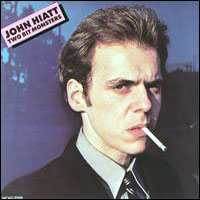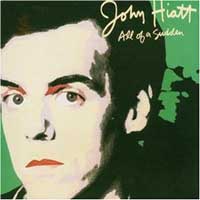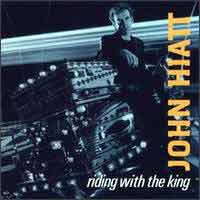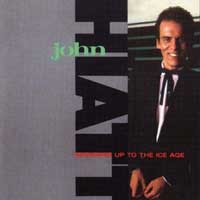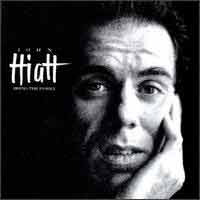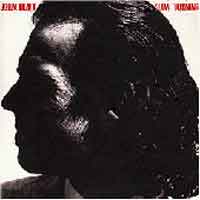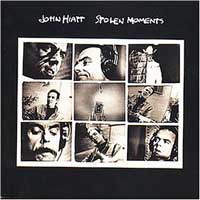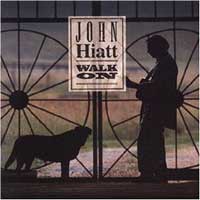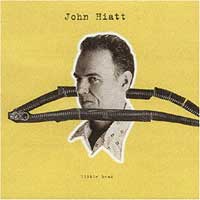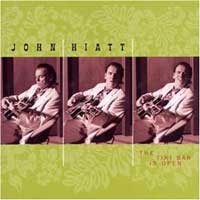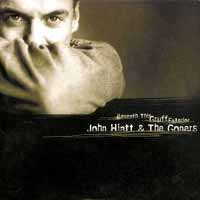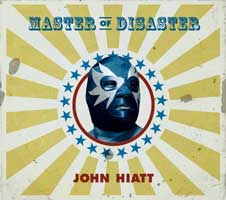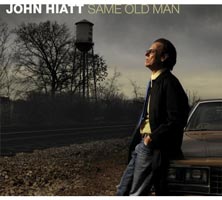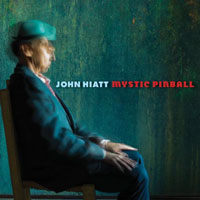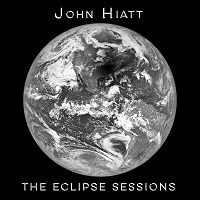|
John Hiatt's 16th effort is a marked departure from his work of the previous
25 years, and a vast improvement over 1997's disappointing Little Head.
Hiatt retrenched and recorded his first drummer-less, predominantly acoustic
record for Vanguard. It's a sympathetic match and a smart move, since
the company has a long, rich history working in the unplugged medium before
it became trendy. The result is the most natural and relaxed John Hiatt
album in years, and a welcome addition to his extensive catalog. With
just a duo of acoustic multi-instrumentalists, Davey Faragher and David
Immergluck (both longtime associates), Hiatt pulls out some of the most
earnest, down-to-earth songs of his career. He sings like a man rejuvenated,
totally at ease with his surroundings, and plays with the laid-back, homespun
honesty that has infused his best work. Although some comical lyrical
touches remain, the majority of the album is a sober reflection on lost
love ("What Do We Do Now," the title track) and the resulting
psychological scars. Hiatt's voice has never sounded better; its coarse
edges sometimes straining for high notes works perfectly with this craggy,
unpolished music. The mandolin is the most distinctive instrument here,
and its brittle, trebly, crisp tone gives the disc an underlying tension,
especially on the ballads that comprise the majority of the album. Heart-rending,
sincere, stripped down yet multi-faceted, John Hiatt has taken a step
forward by taking a small step back. Although not quite in a class with
career highlights like Bring the Family or Slow Turning, Crossing Muddy
Waters is a subtle treat and an album whose watercolor brush strokes paint
a vibrant picture of stirring delicacy.
(by Hal Horowitz, All
Music Guide)
|
